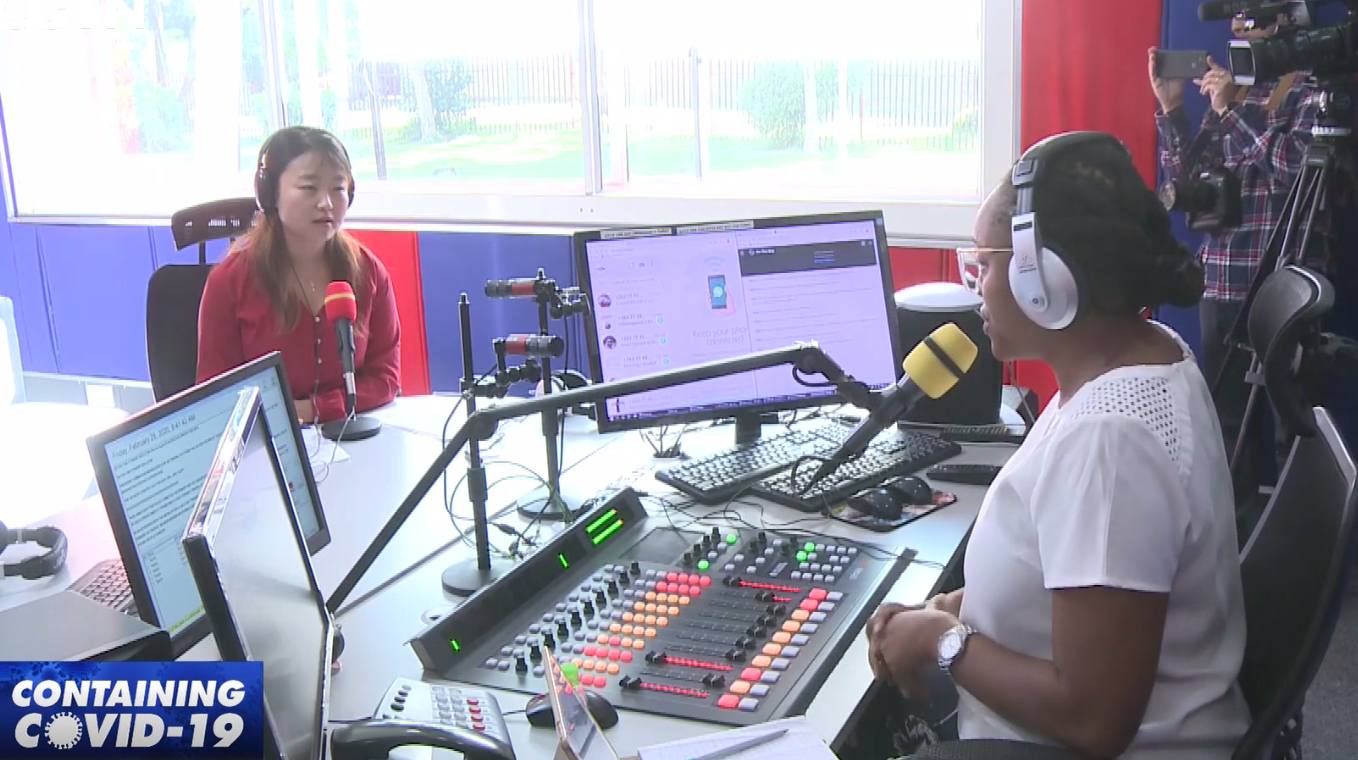
Zimbabwe police patrol streets as lockdown takes effect

Zimbabwe on Monday began enforcing a three-week lockdown in its fight against coronavirus after the disease left one person dead and infected six others.
President Emmerson Mnangagwa declared a 21-day “total” lockdown from Monday, curtailing movement, shutting most shops and suspending flights in and out of the impoverished southern African country.
Police mounted checkpoints on routes leading to Harare’s central business district, stopping cars and turning away pedestrians who had no authorisation to be in the area.
Elsewhere truckloads of metropolitan and national police armed with batons were on patrol, ordering people back to their homes.
“We don’t want to see people here on the streets. We don’t want to see people who have no business in town just loitering,” a policewoman said through a loudhailer. “Everyone to their homes.”
In the township of Mbare, a usually bustling terminus for long-distance buses was deserted, with only municipal street cleaners sweeping the empty bus ranks.
A traditionally busy downtown area of Harare referred to as “The Third World” resembled a ghost town with few people on the streets.
For many of the country’s 16 million people, who are already suffering a grim economic recession, the lockdown means even tougher hardship.
With unemployment rate estimated at around 90 percent, most Zimbabweans have informal jobs to eke out a living and few have substantial savings.






